My first 5 months of ‘Breaking Barriers’ with London Youth Rowing
Andy Smith, April 2015 Fellow, talks about his experience with London Youth Rowing, where he’s the Programme Director, Life Skills.
I joined LYR in late August 2016 and the time has flown by ever since!
Following a year with On Purpose exploring the world of social enterprise and 6 weeks cycling across France during #BikeSocialTdS, last summer I was looking for an impact-driven job in the ‘sport for development’ sector. And that’s certainly what I’ve got!
One of my major responsibilities at LYR is to manage the Breaking Barriers programme — to understand more about it please read one of my recent other blogs.
What have I learnt so far?
- Mentoring is win-win for mentees and mentors.
The supportive and healthy relationships that many of us took for granted with the adults we knew as kids are not always prevalent for many youngsters growing up in areas of higher than average deprivation (which is the case of the schools we work with). Young people can lack guidance and role models in their personal lives and so mentoring relationships can help to plug that gap and contribute to a host of benefits for all those involved.
The mentors get to use their corporate volunteering allowance in a personal and productive way that utilises their skills and experience and brings a real sense of accomplishment. Also they enjoy spending time getting to know the teenagers and answering their often surprising questions!
Benefits for mentees can include enhanced self-esteem and self-confidence, improved behaviour both at home and at school, higher educational aspirations, and stronger relationships with parents, teachers and peers.
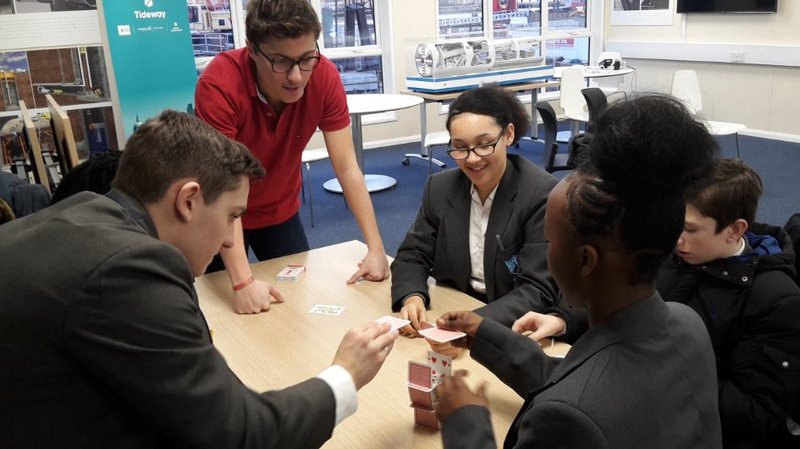
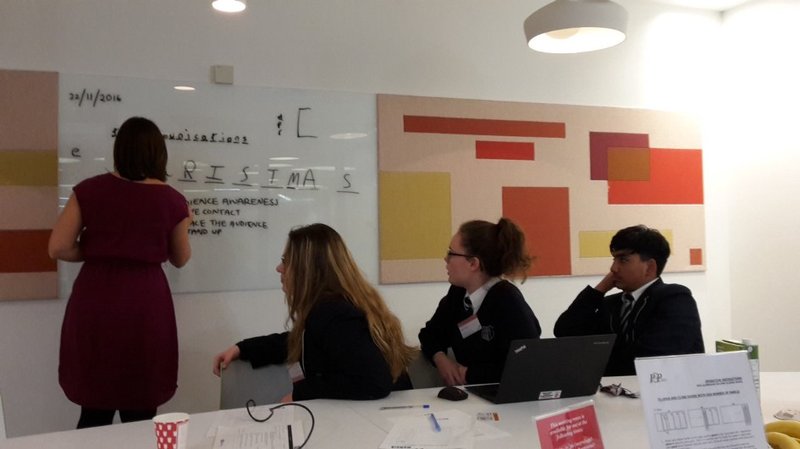
- Rowing isn’t necessarily the most enticing sport for 14-year-olds from East London.
I thought that offering the chance to ‘learn to row’ on the Royal Docks during the half term holiday would bring a large group of keen teenagers each day. Well as it turns out, yes and no.
Between 2 and 8 youngsters turned up each day and they enjoyed the challenge of learning basic technique using rowing machines and the indoor tank at the Royal Docks Adventure centre, then getting out on the water in a stable ’lake boat’ before quickly moving into more technical ‘fine singles’! However, out of a possible group of 40 participants, I must admit that I found the turnout a bit underwhelming.
My realisation; maybe working with teenagers isn’t going to be straightforward then?!
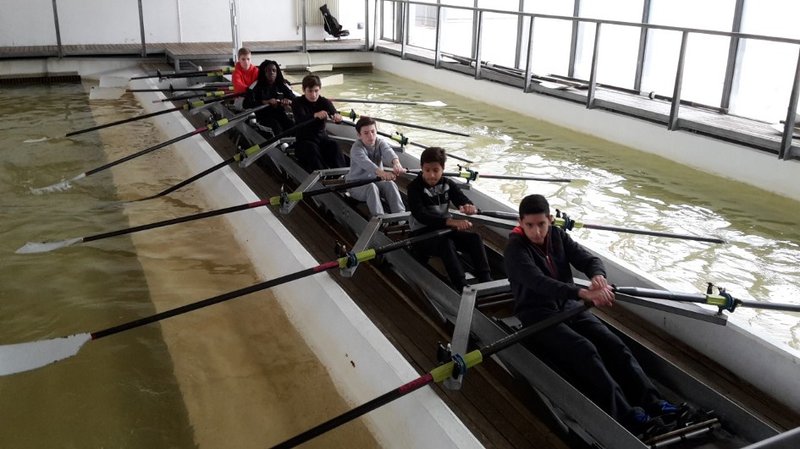
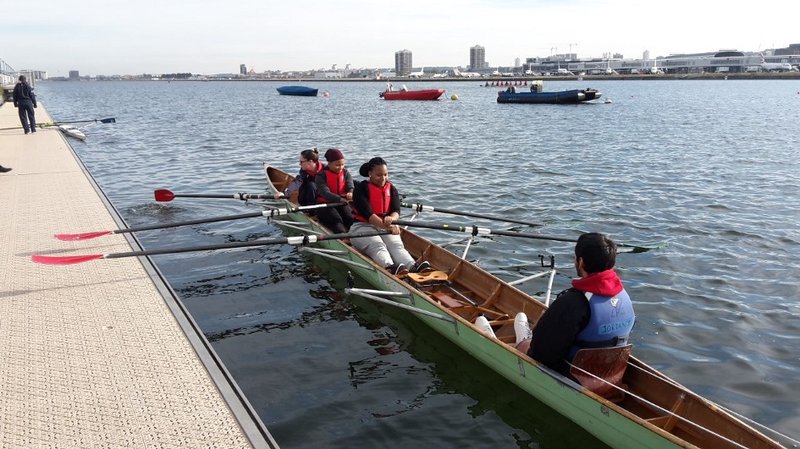
- Impact measurement is crucial but not easy to do.
Seeing the pupils change from being uncertain and nervous at the first mentoring session to confidently standing in front of an audience giving excellent presentations about what they’ve learnt during the programme has been amazing to witness! And the big smiles and obvious sense of achievement they have when receiving their ‘graduation’ certificates are fantastic.
But how do you measure and report those things?
Photos are a good start — see below — and I often share these via Twitter to reach a wider audience for awareness of the programme’s positive outcomes.
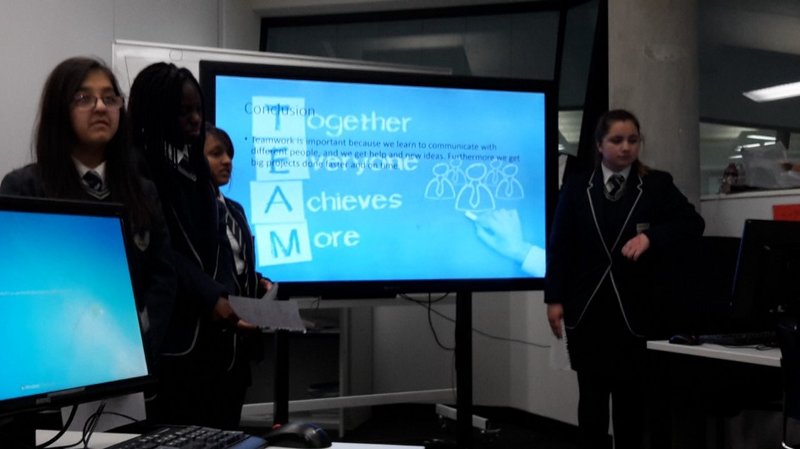
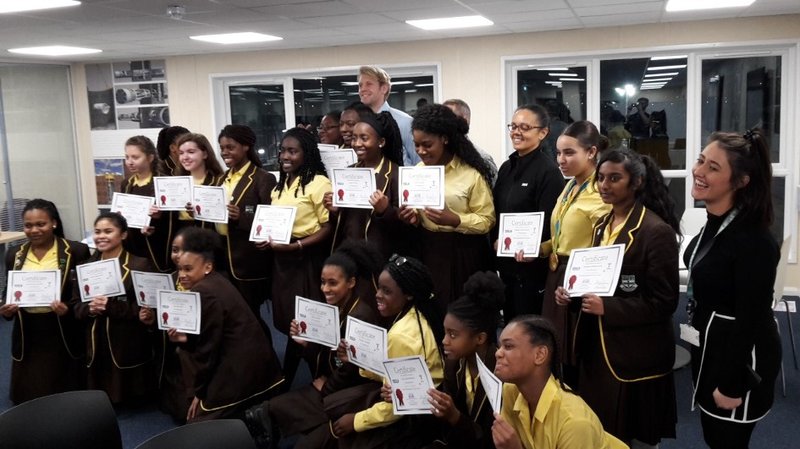
Also, we track mentees’ weekly attendance, average scores on mental toughness questionnaires and the number of ‘alumni’ who go on to take up work experience offers with our partners Tideway, PwCand Tesco. So we’re gathering some useful data, and by using that along with participant feedback to create some case studies to tell the personal success stories of the Breaking Barriers programme, I think we’re getting close to cracking it!
So that’s a very brief insight into my first 5 months of ‘Breaking Barriers’ with London Youth Rowing. We’ve got some big plans for the next year and beyond, so look out for my future blogs to learn more. And if you’re feeling inspired then please click here to support LYR.
